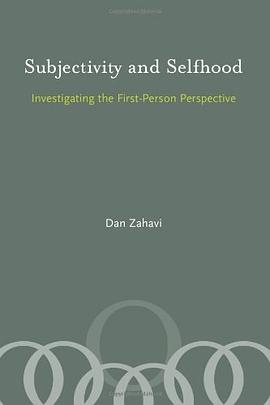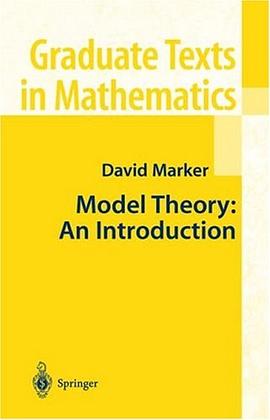Subjectivity and Selfhood
内容简介
What is a self? Does it exist in reality or is it a mere social construct—or is it perhaps a neurologically induced illusion? The legitimacy of the concept of the self has been questioned by both neuroscientists and philosophers in recent years. Countering this, in Subjectivity and Selfhood, Dan Zahavi argues that the notion of self is crucial for a proper understanding of consciousness. He investigates the interrelationships of experience, self-awareness, and selfhood, proposing that none of these three notions can be understood in isolation. Any investigation of the self, Zahavi argues, must take the first-person perspective seriously and focus on the experiential givenness of the self. Subjectivity and Selfhood explores a number of phenomenological analyses pertaining to the nature of consciousness, self, and self-experience in light of contemporary discussions in consciousness research.
Philosophical phenomenology—as developed by Husserl, Heidegger, Sartre, Merleau-Ponty, and others—not only addresses crucial issues often absent from current debates over consciousness but also provides a conceptual framework for understanding subjectivity. Zahavi fills the need—given the recent upsurge in theoretical and empirical interest in subjectivity—for an account of the subjective or phenomenal dimension of consciousness that is accessible to researchers and students from a variety of disciplines. His aim is to use phenomenological analyses to clarify issues of central importance to philosophy of mind, cognitive science, developmental psychology, and psychiatry. By engaging in a dialogue with other philosophical and empirical positions, says Zahavi, phenomenology can demonstrate its vitality and contemporary relevance.
......(更多)
作者简介
Dan Zahavi is Professor of Philosophy and Director of the Center for Subjectivity Research at the University of Copenhagen and the author of Self-Awareness and Alterity and Husserl's Phenomenology.
......(更多)
目录
......(更多)
读书文摘
任何对于把意识还原到神经结构或将其自然化的可能性评估都要求一种对意识的体验方面的具体分析和描述。就像内格尔曾经指出的那样,针对任何有条理的还原主义,一项必然的要求在于那个被还原的实体已被完全理解了。
如果我们期望知道成为一个自身意味着什么,我们就必须考察体验和自身觉知的结构。
......(更多)






